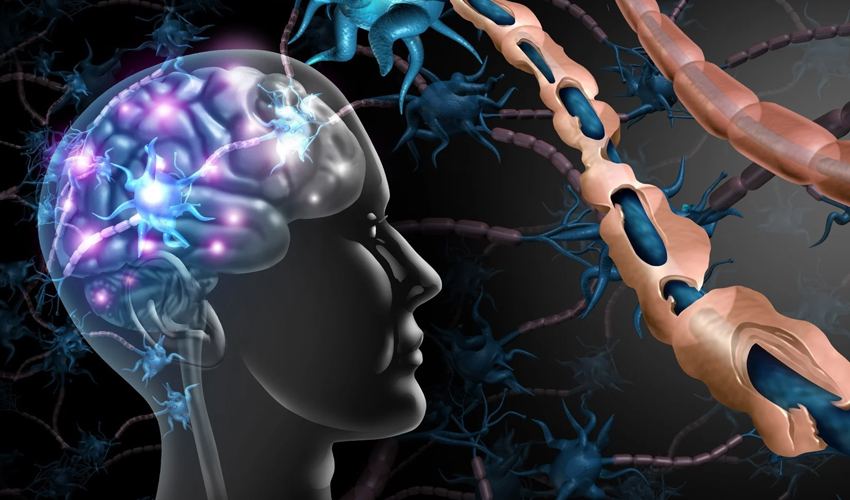Multiple Sclerosis & Other Demyelinating Disease

Multiple Sclerosis & Other Demyelinating Disease
Multiple sclerosis (MS) is a chronic autoimmune disease that affects the central nervous system (CNS), which includes the brain and spinal cord. In MS, the immune system mistakenly attacks the protective myelin sheath that covers nerve fibers, resulting in inflammation and damage to the nerves. This disrupts the normal flow of electrical impulses along the nerves, leading to a wide range of symptoms.
Some common symptoms of multiple sclerosis include:
-
Fatigue: Fatigue is one of the most common and debilitating symptoms of MS, often occurring even in the early stages of the disease.
-
Vision Problems: MS can cause inflammation of the optic nerve (optic neuritis), leading to blurred vision, double vision, or loss of vision in one eye. This may be accompanied by eye pain, especially with movement.
-
Numbness or Tingling: Many people with MS experience numbness or tingling in the face, body, or limbs. This sensation is often described as a pins-and-needles feeling.
-
Muscle Weakness or Spasms: MS can cause weakness, stiffness, or spasms in the muscles, making it difficult to move or control certain body parts.
-
Balance and Coordination Problems: MS can affect balance and coordination, leading to problems with walking, dizziness, or clumsiness.
-
Pain: Some individuals with MS may experience chronic pain, including neuropathic pain (burning or shooting pain), muscle pain, or joint pain.
-
Cognitive Changes: MS can affect cognitive function, leading to problems with memory, concentration, attention, and processing speed.
-
Bladder and Bowel Dysfunction: MS can disrupt the normal function of the bladder and bowel, leading to urinary urgency, frequency, or incontinence, as well as constipation or bowel incontinence.
-
Emotional Changes: MS can impact mood and emotional well-being, leading to symptoms such as depression, anxiety, irritability, or mood swings.
Other demyelinating diseases include:
-
Acute Disseminated Encephalomyelitis (ADEM): ADEM is a rare inflammatory demyelinating disease that typically occurs after a viral infection or vaccination. It causes widespread inflammation and demyelination in the brain and spinal cord, leading to symptoms such as headache, fever, confusion, weakness, and in severe cases, coma.
-
Neuromyelitis Optica (NMO), also known as Devic's disease, is a rare autoimmune disorder that primarily affects the optic nerves and spinal cord. It causes inflammation and demyelination in these areas, leading to symptoms such as optic neuritis, transverse myelitis (inflammation of the spinal cord), weakness, numbness, and bladder dysfunction.
-
Transverse Myelitis: Transverse myelitis is a rare neurological condition characterized by inflammation and demyelination of the spinal cord. It can cause symptoms such as weakness, numbness, tingling, pain, and bladder or bowel dysfunction.
Treatment for demyelinating diseases aims to reduce inflammation, manage symptoms, and slow disease progression. This may include medications such as corticosteroids, immunosuppressants, disease-modifying therapies (for MS), and symptomatic treatments to address specific symptoms such as pain, muscle spasms, or bladder dysfunction. Physical therapy, occupational therapy, and other rehabilitative therapies can also be beneficial in managing symptoms and improving quality of life for individuals with demyelinating diseases.




